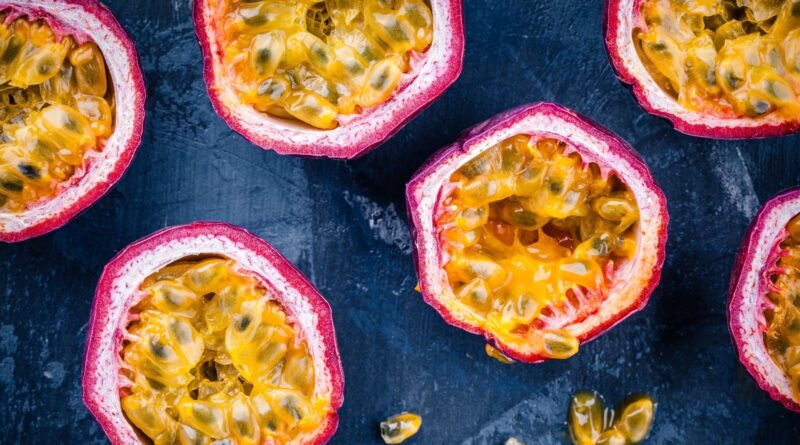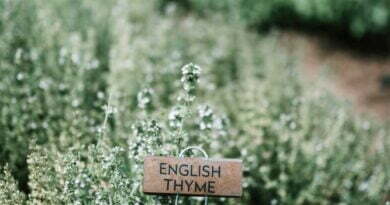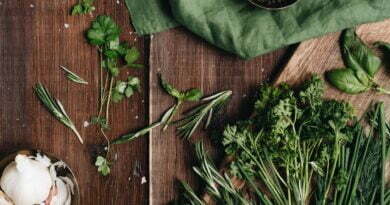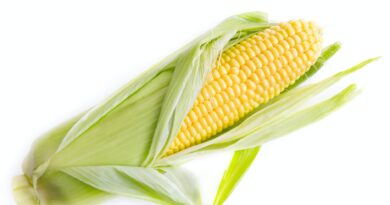Exotic Fruits on Your Allotment: A Guide to What You Can Grow in the UK
In the UK, the climate can be challenging for growing some exotic fruits, but with the right care and attention, it’s possible to grow a variety of exotic fruits on an allotment. In this post, we’ll explore some of the exotic fruits you can grow on an allotment in the UK.
- Kiwi fruit
Kiwi fruit is a delicious and nutritious exotic fruit that can be grown on an allotment in the UK. The kiwi fruit vine requires a sunny, sheltered spot with well-drained soil. The plant is a vigorous climber and can reach up to 10ft tall. It’s best to grow kiwi fruit in pairs, as they are self-fertile and will produce better yields when grown together.
- Fig
Figs are a sweet and succulent fruit that can be grown on an allotment in the UK. The fig tree requires a sheltered, sunny spot with well-drained soil. The tree can grow up to 20ft tall and wide, but it can be kept smaller with regular pruning. Figs are self-fertile and will produce fruit without the need for another tree for pollination.
- Pineapple Guava
Pineapple guava, also known as Feijoa, is a small, sweet fruit that can be grown on an allotment in the UK. The plant requires a sunny, sheltered spot with well-drained soil. It’s best to plant pineapple guava in pairs for better pollination, as they are self-fertile but will produce better yields when grown together.
- Persimmon
Persimmon is a sweet and delicious fruit that can be grown on an allotment in the UK. The tree requires a sunny, sheltered spot with well-drained soil. The tree can grow up to 20ft tall and wide but can be kept smaller with regular pruning. Persimmons are self-fertile and will produce fruit without the need for another tree for pollination.
- Passionfruit
Passionfruit is a tangy and exotic fruit that can be grown on an allotment in the UK. The vine requires a sunny, sheltered spot with well-drained soil. Passionfruit vines can grow up to 20ft long and will need support to climb. It’s best to grow passionfruit in pairs, as they are self-fertile and will produce better yields when grown together.
- Kiwano
Kiwano, also known as horned melon, is a strange-looking fruit that can be grown on an allotment in the UK. The plant requires a sunny, sheltered spot with well-drained soil. The plant is a vine and will need support to climb. Kiwano is self-fertile and will produce fruit without the need for another plant for pollination.
- Jujube
Jujube is a sweet and nutty fruit that can be grown on an allotment in the UK. The tree requires a sunny, sheltered spot with well-drained soil. The tree can grow up to 20ft tall and wide, but can be kept smaller with regular pruning. Jujubes are self-fertile and will produce fruit without the need for another tree for pollination.
Growing exotic fruits on an allotment in the UK requires a bit of planning and care, but it can be a rewarding experience. From kiwi fruit and figs to passionfruit and jujubes, there are many exotic fruits that can be grown on an allotment.
If you’re looking for a fun and challenging project for your allotment, growing exotic fruits might just be the thing for you! Not only will it add some variety to your garden, but you’ll also get to impress your friends and family with your exotic fruit growing skills.

Imagine hosting a garden party and serving up a delicious fruit salad made entirely of fruits you’ve grown yourself, including juicy kiwi fruit, sweet figs, tangy passionfruit, and nutty jujubes. Your guests will be amazed by the unique and exotic flavours, and you’ll be able to proudly say that you grew them all in your very own allotment.
And let’s not forget about the kiwano, the strange-looking fruit that’s sure to spark conversation and intrigue. You’ll have people asking, “What on earth is that?” And you’ll be able to tell them all about your unique and exotic fruit.
So, if you’re up for the challenge, why not try growing some exotic fruits on your allotment? With the right care and attention, you’ll be able to enjoy the delicious and nutritious fruits of your labour in no time. Who knows, you might even discover a new favourite fruit that you never even knew existed!




